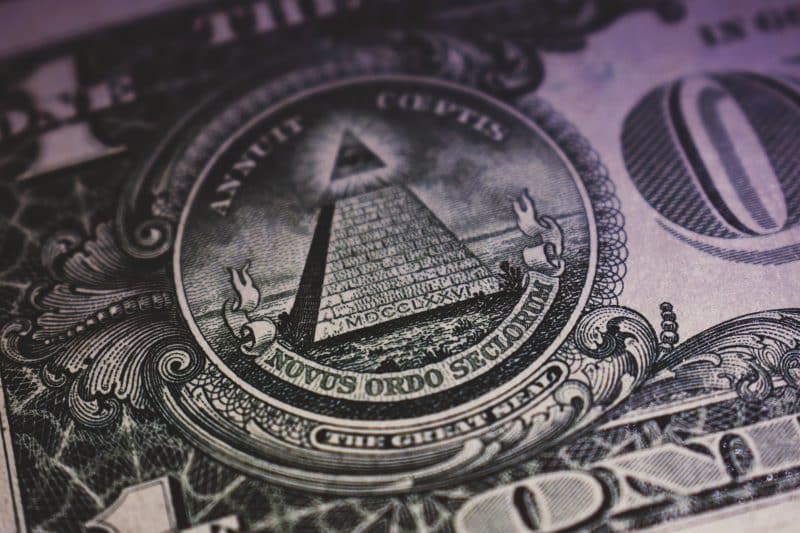Yesterday, the US dollar strengthened and sentiment in the stock markets remained relatively positive. Donald Trump won the New Hampshire primaries, thereby defeating former UN Ambassador – Nikki Haley. This marks the former president’s second consecutive victory. Yesterday, the EUR/USD exchange rate established new local lows at 1.0820, but today returned to around 1.0880. Short-term US bond yields fell while they rose in the long term. The Bank of Japan did not change the parameters of its monetary policy. Today, the market is interpreting the results of PMI indicators for Europe (in the morning) and the USA (in the afternoon).
As widely expected, the BoJ maintained its interest rate at -0.1 percent and the target yield for 10-year bonds at around 0 percent. Governor Kazuo Ueda did not comment on when the bank would lift negative interest rates. He said the bank is gradually growing more confident about achieving its projections. Ueda’s remarks confirm the market’s dominant view that the BoJ is likely to raise interest rates at some point this year. The bank currently forecasts an inflation rate of 2.4 percent for the fiscal year beginning in April. This means its estimates are still exceeding the bank’s target of 2 percent. The yen strengthened during the press conference and the USD/JPY exchange rate fell to 147.00. However, in the following hours, the rate rose to 148.60, buoyed by the strength of the USD. Current quotes are again dropping to 147.50.
Trump’s consecutive primary victory increases his chances of success in the main showdown pegged for this autumn. This could bolster the US dollar and increase long-term interest rates in the future. Yesterday’s drop in the EUR/USD could partially be due to the latest political events in the USA. However, the movement was modest and short-lived. The US dollar should react more strongly to political factors but not until the second half of the year. Currently, the priority is the Federal Reserve and timing as to when they commence easing monetary policy.
Chinese equities rose following reports that authorities are considering a bailout plan for the market. Following this news, yesterday the CSI300 index increased by 0.4 percent, while the Hang Seng index gained 2.6 percent.
This morning, PMI data from Europe was released. The PMI index for the service sector in the Eurozone fell by 0.4 points in January to a level of 48.4. Most economists polled in advance expected a further slight improvement. Therefore, the index indicates economic contraction for the past six months. Although the index for the manufacturing sector improved substantially from 44.4 to 46.6, it remains in the negative terrain. The industry is still far from recovery.
Łukasz Zembik Oanda TMS Brokers
